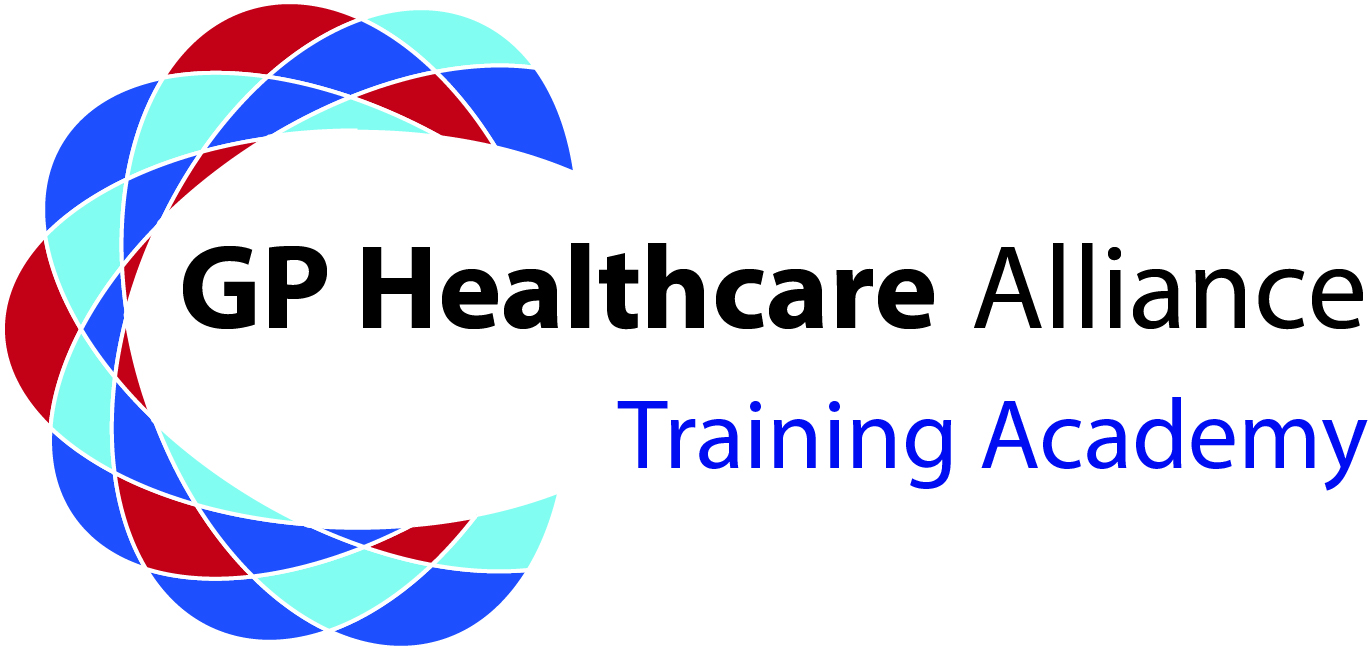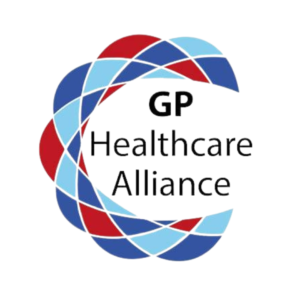This course is designed for all General Practice staff. The aim of this online course is to provide a deeper understanding of how stress can impact upon people, their attitudes and how to help resolve the conflict that could prevail.
Conflict Resolution Course
Current Status
Price
Get Started
Course Content
Already Enrolled? Click the button to begin
Welcome to the GP Healthcare Alliance’s Conflict Resolution course.
Estimated Completion Time: 4 Hours
This course is designed for all General Practice staff. The aim of this online course is to provide a deeper understanding of how stress can impact upon people, their attitudes and how to help resolve the conflict that could prevail. You might have been asked to take part in this training as you have a patient facing role.
This course provides some examples of what can occur in a stressful situation, how to demonstrate that you are listening, understand the situation and can help to enable a resolve for them, whilst remaining aware of your own safety needs and those of others.
Course overview :
- What is conflict resolution?
You will learn the characteristics of conflict and gain an understanding of why positivity is so important through conflict resolution. How proactive versus reactive approaches look in reality and you will be assessed in the form of a Quiz at the end of the whole course.
- What skills do we need?
You will explore some of the many valuable skills that you may require for conflict resolution to occur, along with accountability and being assertive.
- Stress factors and how stress affects conflict resolution.
You will learn about some of the many stress factors that we have in our lives along with statistics for mental health and how our hormones can become affected.
- Telephone Etiquette.
You will understand how important telephone etiquette is and what a major impact it can have on our patients through the simplest of methods, also through honesty, transparency and reflection!
- Working alone awareness and safety.
You will explore how to keep yourself safe by following the tips provided and also regard the information set out through The Suzy Lamplugh Trust. There are websites and helplines that you may need. Have a notebook and a pen at the ready, as there is a lot of useful information!
- End of course assessment.
This is where you will be able to show off all the information that you have learnt, there is quite a lot, so making notes would benefit you for a quick recap! You will need a pass rate of 80% or more to pass and obtain your certificate, which you can download and print on completion.
Please be aware that all content within this course is copyright protected
©2022 GP Healthcare Alliance.
Please scroll down each screen and click ‘continue’ where indicated, also be aware of the arrows or the relevant numbers on the bottom of the screen to click on as needed.
Where possible we have provided audio support to utilise if preferred but please be aware that there are many screen shot examples for you to peruse also.
When you are ready to begin, click the “Start Course” button.
Resolve Conflicts Like a Pro: The Power of Conflict Resolution Training
Conflict is an inevitable part of life, whether it’s at the workplace, in our personal relationships, or even within ourselves.
How we deal with these conflicts can make a world of difference. The ability to resolve conflicts effectively is a skill that can empower you in various aspects of your life.
Here we’ll introduce you to conflict resolution training and why enrolling in such a course could be one of the best decisions you make.
We’ll explore the benefits of conflict resolution training, provide you with valuable tips to deal with conflicts. At the end of this post, you’ll have a better understanding of how to handle conflicts in a constructive and productive manner.
So, fasten your seatbelts, as we’ll share some amazing facts about how to master the art of conflict resolution.
Why Should You Enrol Into our Conflict Resolution Course?
Enrolling in a conflict resolution course will be a transformative experience for you as this training offers countless benefits that extend far beyond dispute resolution.
Here are some compelling reasons why you should consider taking up our conflict resolution course:
- Enhanced Communication: Enhances your ability to express thoughts clearly, listen empathetically, and assertively interact in all situations.
- Improved Relationships: Strengthen personal and professional bonds by resolving conflicts effectively, finding common ground, and building harmonious connections.
- Conflict Prevention: Equip yourself with skills to proactively prevent conflicts, fostering a peaceful and collaborative environment.
- Effective Problem Solving: Develop transferable skills in analysing conflicts, identifying issues, and creating innovative solutions.
- Emotional Intelligence: Master emotional awareness and control, a vital component of conflict resolution.
- Increased Productivity: Resolve conflicts efficiently to enhance workplace productivity and reduce stress.
- Personal Growth: Achieve self-confidence, resilience, and empowerment through conflict resolution.
- Peaceful Coexistence: Contribute to a more harmonious society by mastering conflict resolution for a peaceful coexistence.
Conflict resolution courses offer a wealth of benefits that extend well beyond the realm of resolving disputes. So, why should you enrol in a conflict resolution course? The question isn’t “why,” but “why not?”
5 Effective Tips to Resolve Any Conflict
Conflict resolution can be a challenging endeavour, but with the right approach, you can resolve any conflict successfully. Here are five simple and effective tips to help you resolve conflicts:
- Active Listening: When conflicts arise, start by listening actively. Give the other person your full attention, and don’t interrupt. This shows respect and helps you understand their perspective better.
- Stay Calm and Patient: Emotions can run high during conflicts, but it’s crucial to remain calm and patient. Take deep breaths and give yourself a moment to think before responding.
- Seek Common Ground: Try to find common ground or shared goals. Focusing on areas of agreement can help build a bridge for resolution. Acknowledge the other person’s point of view and express your willingness to work together.
- Use “I” Statements: Instead of making accusatory statements, use “I” statements to express your feelings and needs. For example, say, “I feel frustrated when…” rather than “You always…” This approach makes it less confrontational and encourages a more constructive dialogue.
- Explore Solutions Together: Work collaboratively to find solutions that address both parties’ needs. Brainstorm options, evaluate their feasibility, and be open to compromise.
By applying these tips, you can resolve conflicts more effectively, maintain positive relationships, and promote a healthier, more harmonious environment.
Ready to Resolve Conflict Like a Pro? Enrol Today!
If you’re looking to hone your conflict resolution skills and become a master at handling disagreements, then enrolling in our conflict resolution training course is the next step you should take.
In this course, you’ll gain the tools and knowledge you need to address conflicts confidently and effectively. You’ll discover how to listen actively, stay calm under pressure, and find common ground with others.
By joining a training program, you invest in your personal and professional growth, empowering yourself with skills that can improve your relationships, advance your career, and contribute to a more peaceful world.
Don’t wait any longer. Take action now, and start your journey towards becoming a skilled conflict resolver.
CPD for Organisations
We provide fully accredited course packages for your organisation, giving you the confidence your workforce is fully qualified.


